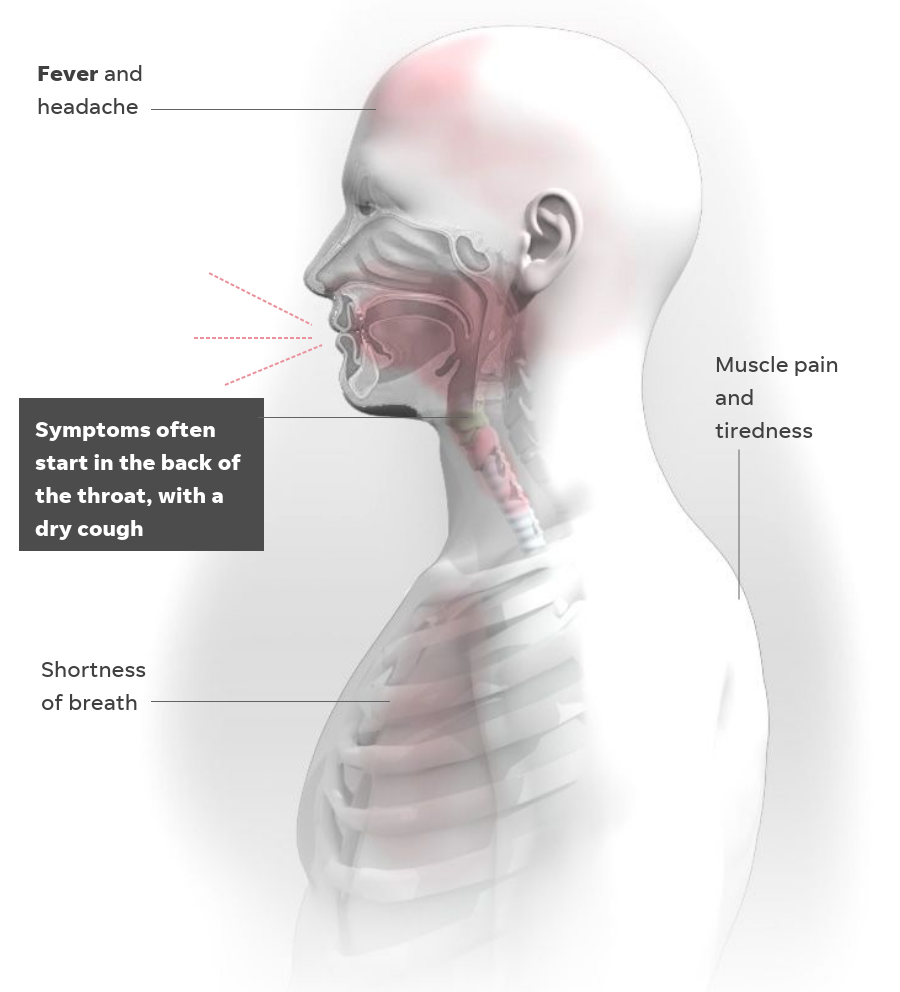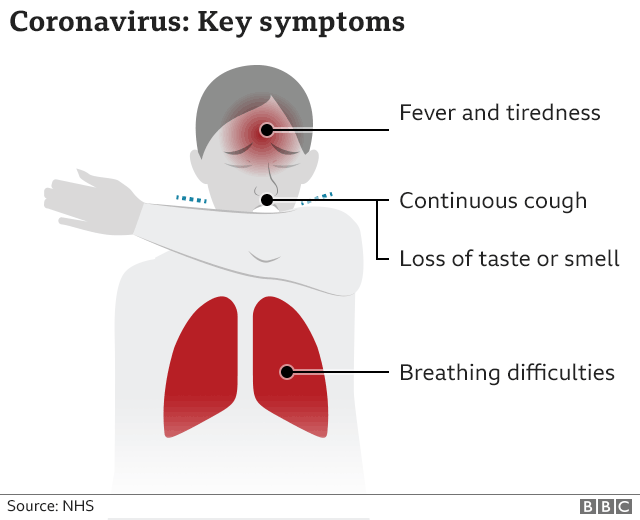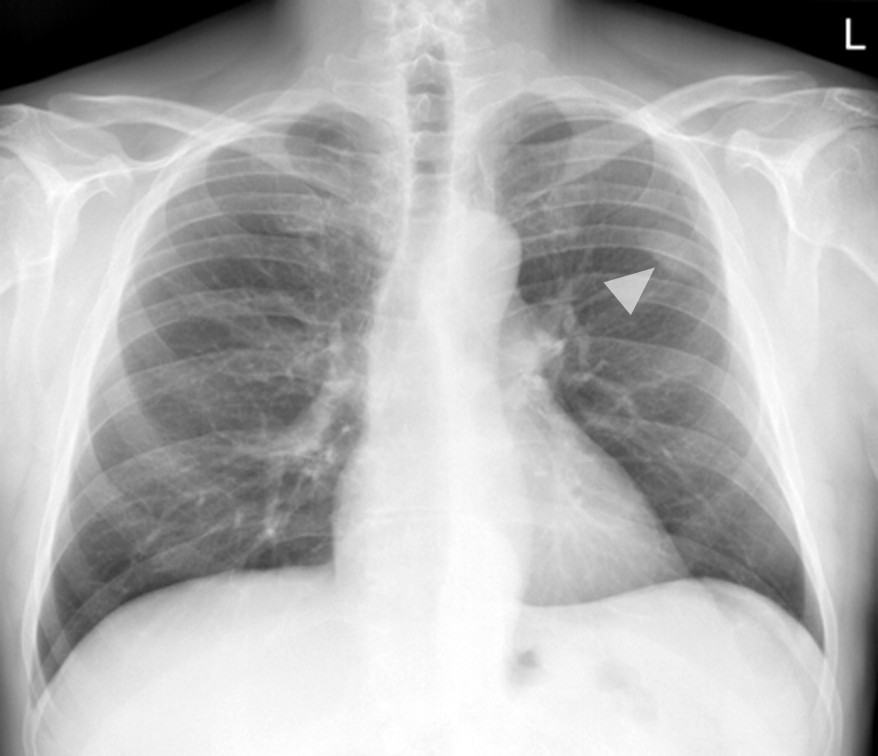
Pneumonia can be a medical emergency for very young children or those over age 65, as well as anyone with a weakened immune system or a chronic heart or lung condition. Elderly patients may have low body temperature and confusion. Symptoms include fatigue, fever, chills, painful and difficult breathing, and cough that brings up mucus. Pneumonia is often contracted in hospitals or nursing homes. Bacterial pneumoniaīacterial pneumonia is an infection of the lungs caused by one of several different bacteria, often Streptococcus pneumoniae. The common cold is, of course, very common. There are over 200 viruses that can cause upper respiratory infections, and usually the exact virus behind a cold is never known. The common cold is a viral infection of the upper respiratory tract, which includes the nose, mouth, sinuses, throat, and larynx. Symptoms that never occur with benign cough: fever, severe cough, being severely ill, coughing up blood Symptoms that always occur with benign cough: cough Top Symptoms: cough, cough with dry or watery sputum, severe cough In some cases a cough suppressant may be prescribed. Treatment involves addressing any underlying causes, such as allergies. If an unexplained cough persists for more than one month, it is important to identify the cause so that serious illness can be ruled out.ĭiagnosis is made through patient history and physical examination, and sometimes through mucus testing, imaging, lung function tests, and bronchoscopy. The presence of blood or thick mucus is not normal and the person should see a medical provider. Postnasal drip itself can be caused by allergy, some medications, and deviated septum.Īn occasional cough that brings up a slight amount of clear mucus is normal and helps clear the throat and lungs.

So can asthma, exposure to dust or other irritants, acid reflux (heartburn or GERD,) some medications, and breathing very cold air. Postnasal drip, where mucous from the nose drains into the throat, can trigger a benign cough. Benign coughīenign cough means a cough that is not caused by any harmful condition or serious illness. Symptoms include an acute-onset cough with or without sputum production, low-grade fever, shortness of breat. Most cases of acute bronchitis are caused by a viral infection, although some cases may be due to a bacterial infection. BronchitisĪcute bronchitis is an inflammatory reaction to an infection in the airways. This list does not constitute medical advice and may not accurately represent what you have. If you're a heavy smoker or have a family history of lung cancer, visit a physician. Lung cancer: About half of those diagnosed with lung cancer have a persistent dry cough.Chest pain and shortness of breath are more common symptoms, but a sudden dry cough can be a sign. Pulmonary embolism: PE, or blood clots in the lungs, are life-threatening.Lung-specific disorders can result in a dry cough, such as the following. Lung congestion can then cause a dry cough. Heart failure: While not a common cause of dry cough, a weak heart can cause fluid to back up into the lungs.Sleep apnea: A 2007 report found a link between sleep apnea and a chronic dry cough.This cough is especially likely after exposure to irritants like cold air or ambient smoke. Instead, a chronic and dry cough is the main symptom. Cough-variant asthma does not produce classic symptoms, like shortness of breath or wheezing. Asthma: Not all diagnosed with asthma will experience a dry cough.Various conditions can have a dry cough as a symptom. Habit cough: A habit cough is not a conscious lifestyle choice, but some people experience a persistent dry cough for no apparent reason.

Heavier smokers may experience a wet cough that's worse in the morning.


The following habits can result in a dry cough. After a few days, the cough could bring up mucus. Bronchitis: The most common symptom of bronchitis is a dry cough.In 25% of cases, a dry cough can persist for four weeks. Upper respiratory infections: More commonly known as a cold, URIs can cause a variety of coughs, including dry coughs.It's likely to experience a dry cough due to the following illnesses. If your cough is persistent, consider other common causes of a dry cough and see a physician. The following details may help you better understand your symptoms.


 0 kommentar(er)
0 kommentar(er)
